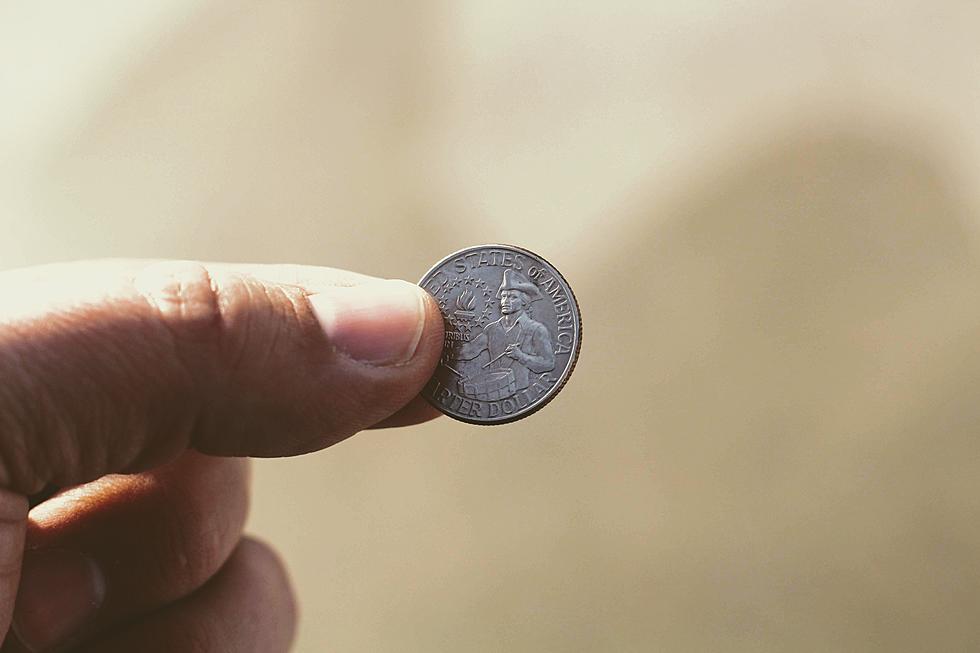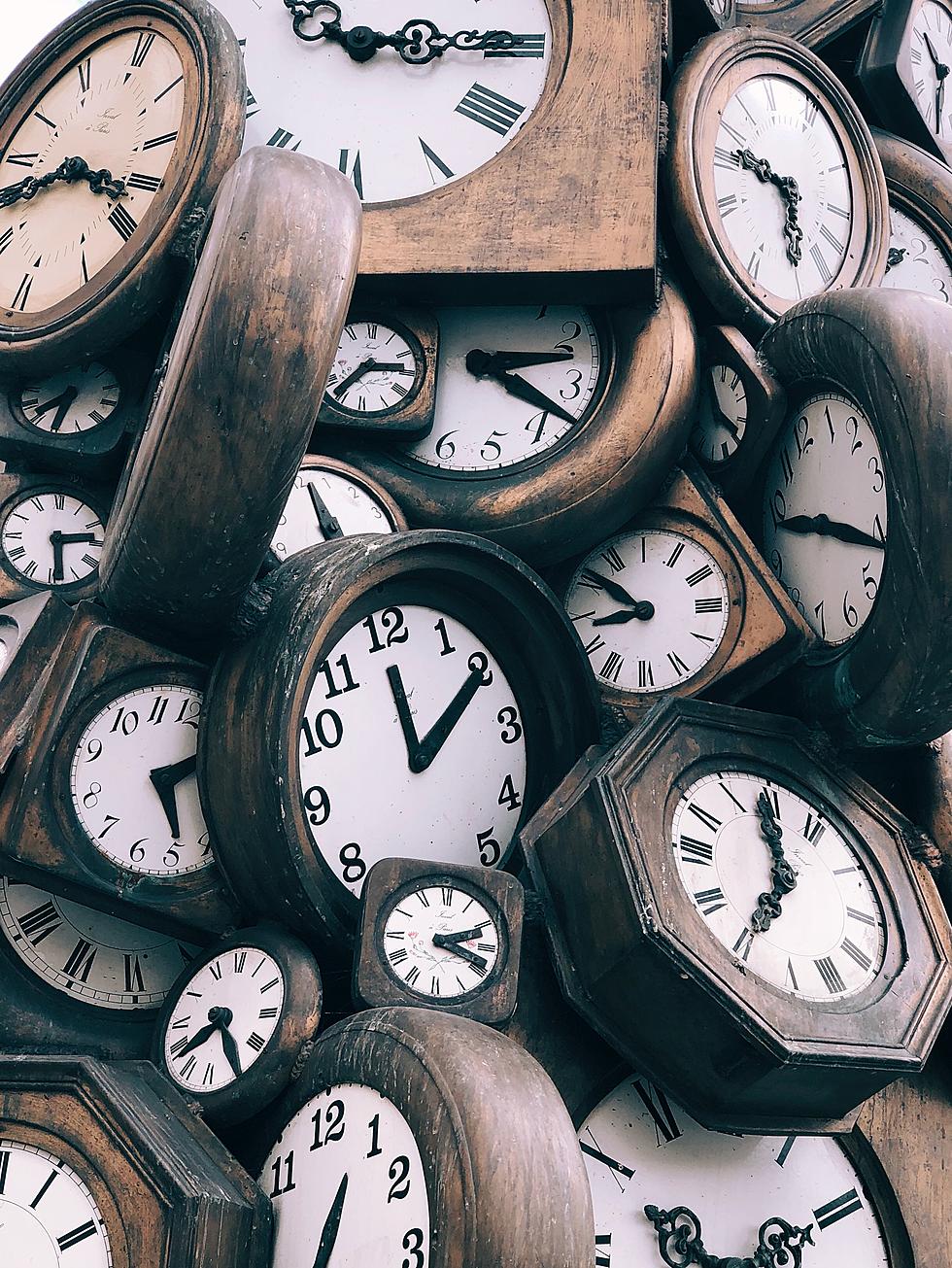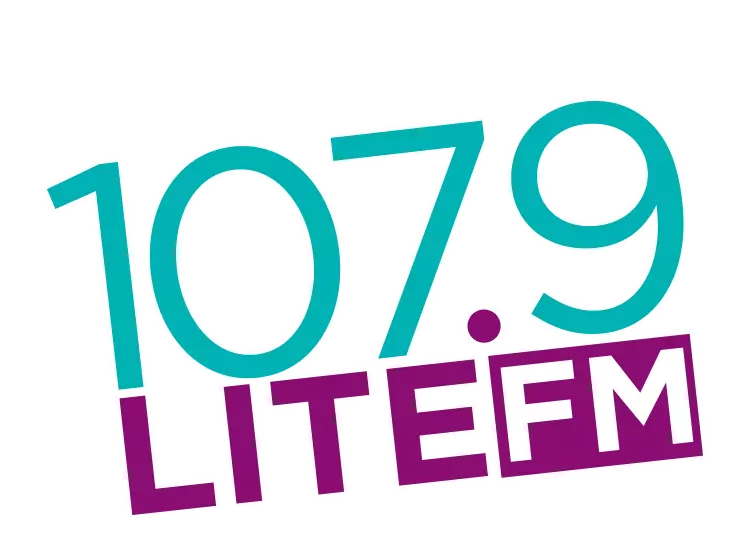
When Does Idaho “Spring Forward” in 2023? Sooner Than You Think
About a month ago, we posted on Facebook “It’s 5:45 and the sun is still out. This makes us so happy.” We didn’t realize that a simple post of gratitude hit home to so many people!
Close to 100 people hit “love” on that post. Dozens of you echoed that you were also happy for the extra minutes of sunshine. We’re a little over a month away from the twice-a-year ritual of adjusting our clocks by an hour.
Right now, only Hawaii and Arizona get to skip the time-hopping tradition, but that could change sometime in our lifetime. Last March, the United States Senate approved a stop to changing the clocks but the measure hasn’t passed the House.
There was a push to exempt Idaho from the time change presented in the Idaho House of Representatives in 2019 and 2020. It failed in 2019. In 2020, the legislature approved making daylight saving time permanent in the part of the state that’s in the Pacific Time Zone if the state of Washington decided to make it permanent, too.
What Would Permanent Daylight Saving Time Look Like in the Boise Area?
If you’re someone who despises driving to work in the dark AND home from work in the dark, during Standard Time you’d probably be a fan of permanent Daylight Saving. If things stay the way they are, sunset can be as early as 5:09 p.m. during Standard Time. Under permanent Daylight Saving Time, the sun wouldn’t set any earlier than 6:09 p.m. in early December.
Now, there’s a trade-off. The way things are right now, the latest sunrise in the Boise area is around 8:18 a.m. If we moved to permanent Daylight Saving Time, that means sunrise wouldn’t happen until 9:18 a.m. on some days in January.
Supporters of “saving standard time” say that permanent Daylight Saving Time would force millions of Americans to start work before sunrise, but 54.1% of Boise residents already start their morning commute to work before 8 a.m. Only 19.7% of residents say they start their commute between 8-9 a.m.
It would be more of a concern when it comes to students being out in the dark. If you look at the bell schedules for Boise, West Ada, Nampa and Caldwell schools, the average school start time is 8:16. If Daylight Saving Time was made permanent, kids would be starting school before sunrise from late October-mid March. The way things are right now, sunrise only happens before 8:16 a.m. for a handful of days in late October/early November and after Winter Break-mid January.
Of course, these details only apply to the Boise area. Sunrise/sunset/commute times/school start times vary from place to place in the state. You can check out a calculator to figure out what these scenarios look like in your part of the state by clicking HERE.
When Will Daylight Saving Time Start in Idaho?
Since lawmakers haven’t made a decision about eliminating the time change completely, Idahoans should prepare to set their clocks ahead an hour beginning on Sunday, March 12 at 2 a.m. That's something to look forward to because on the day we're writing this sunset is at 6:04 p.m. It'll be 7:47 p.m. on March 12.
KEEP READING: 15 Wacky Winter Weather Facts To Help You Survive the Season in Boise
The Most Extreme Winter Temperatures in Idaho and Its Neighboring States
Celebrate Warmer Weather at the 10 Best Patio Restaurants Around Boise
More From 107.9 LITE FM









